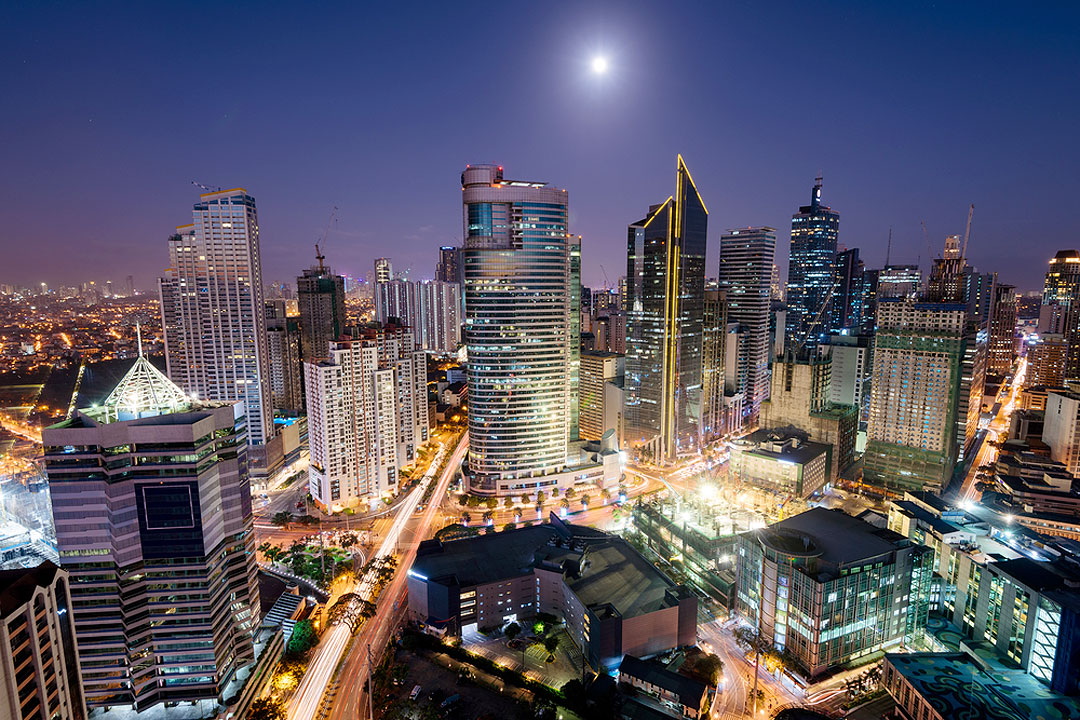DoF preparing tax transition plan

LOCAL GOVERNMENTS should effectively collect revenues from the wealthy through improved real estate valuation, Finance Secretary Carlos G. Dominguez III said as he prepares a transition plan to help the next administration manage the country’s debt.
As it works on a fiscal consolidation plan for the next administration, the Department of Finance (DoF) is looking into taxes that could pay for the Philippines’ mounting debt after the government ramped up borrowings to finance the coronavirus disease 2019 (COVID-19) pandemic response.
“We are just putting the final touches on our fiscal consolidation plan. At this point, I don’t have a complete package, but certainly, looking realistically at our situation, we have to pay for COVID,” Mr. Dominguez told the Financial Executives Institute of the Philippines (FINEX) on Tuesday.
The Philippines ended 2021 with P11.73 trillion in outstanding debt, up by almost 20% year on year and pushing the country’s debt-to-GDP (gross domestic product) ratio to 60.5%.
The DoF raised $25.8 billion in financing for the government’s COVID-19 response from multilateral lenders, development partners, and foreign currency denominated global bonds.
Mr. Dominguez has not yet released details on his recommendations for new or higher taxes that would pay for the debts.
But he has spoken out against proposed plans to tax the super-rich, which he said could lead to aggressive tax avoidance schemes and drive out investment from the country.
House Bill No. 10253 or the proposed Super-Rich Tax Act of 2021 seeks to impose a tax of 1-3% for wealth starting at P1 billion and beyond. Under the bill filed by a minority bloc at the House of Representatives, the tax would be used to fund medical assistance, education, employment, social protection and housing for the poor.
Supporters of a wealth tax, such as the Asian Peoples’ Movement on Debt and Development, said it could fund urgently needed government services as the country faces multiple crises.
Mr. Dominguez instead supports plans to reform real property evaluation.
“The real wealth tax in the Philippines — that is real estate tax. That is not a national tax; that is a local tax,” he said.
“Local governments are in the best position to implement a real effective wealth tax, which is tax on real estate. And yet, it does not get done because local mayors and provincial governors do not want to get kicked out of office.”
He said property valuation should be assessed in line with international standards.
The third part of the Duterte administration’s comprehensive tax reform program, real property valuation reform is pending at the committee level in the Senate. The House of Representatives passed the measure in 2019.
The DoF’s transition plan will span four main categories: managing debt, inflation, inequalities made worse by the pandemic, and climate change.
The plan will combine improvements to tax administration so the government can plug leakages and update tax policy proposals, Mr. Dominguez said. — Jenina P. Ibañez



